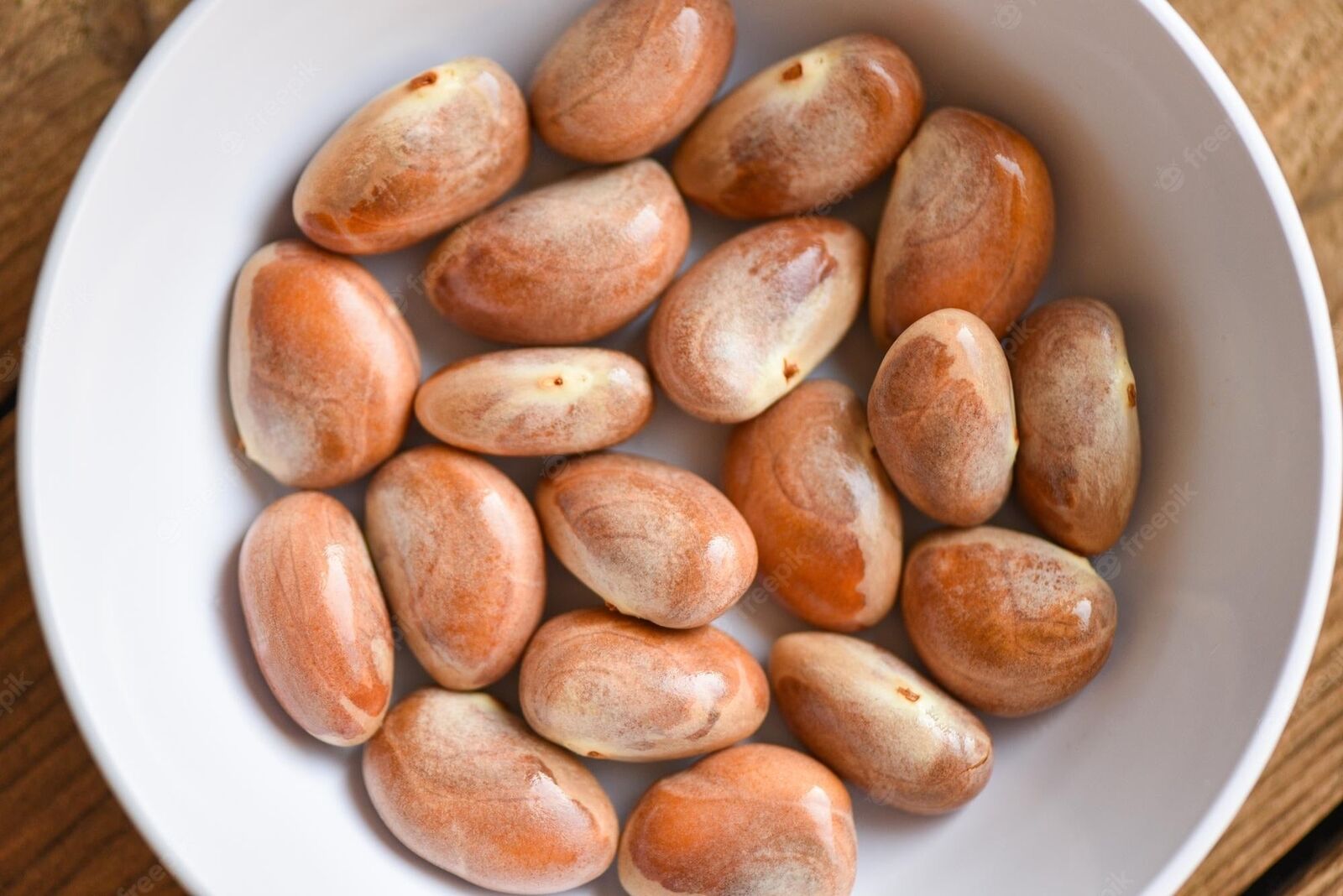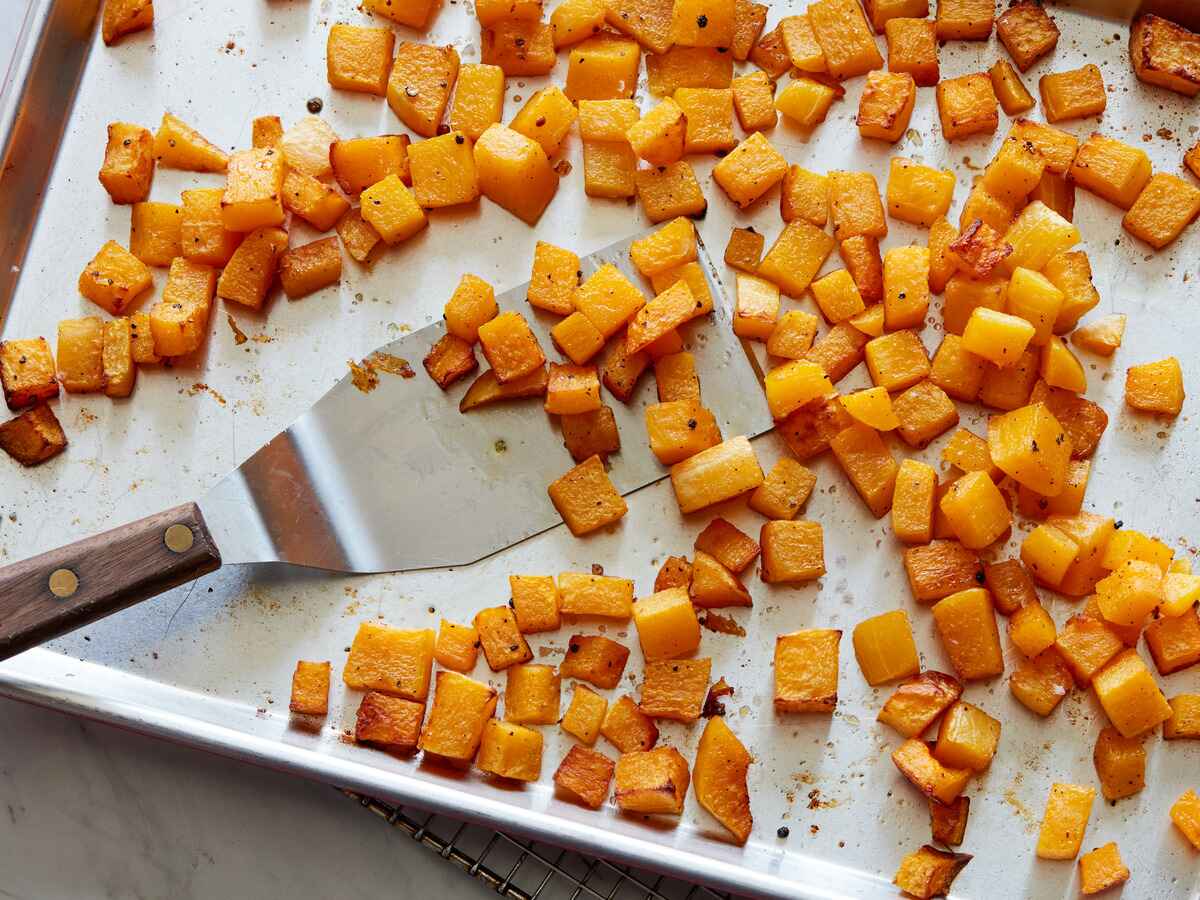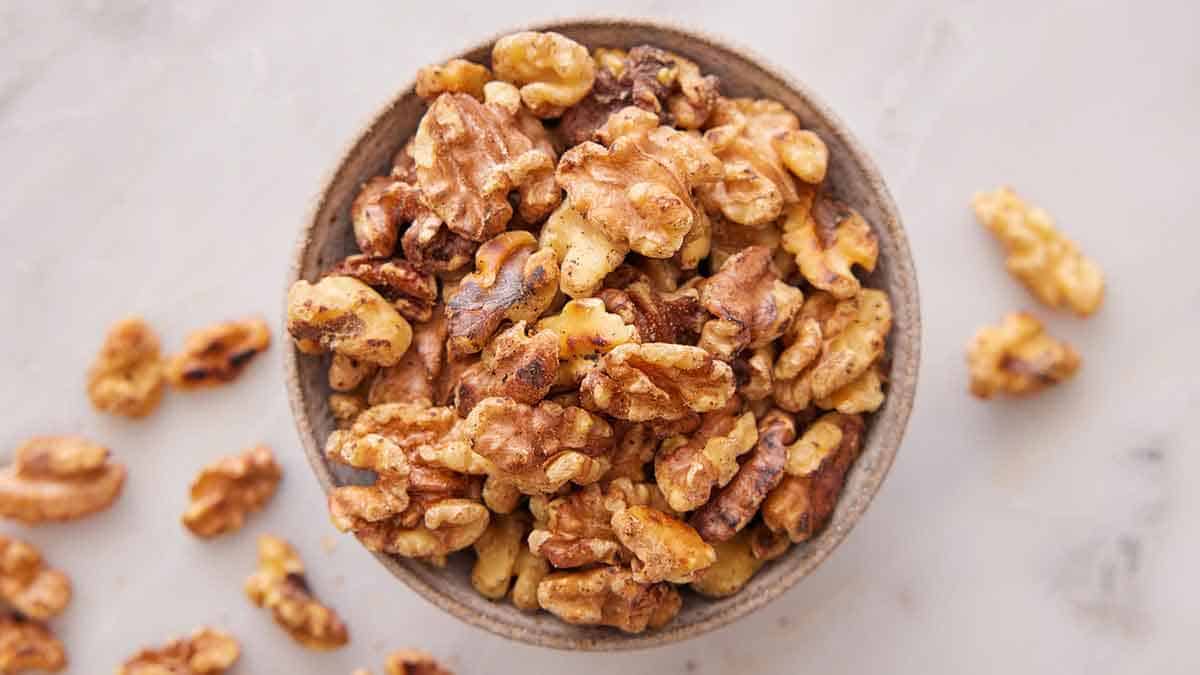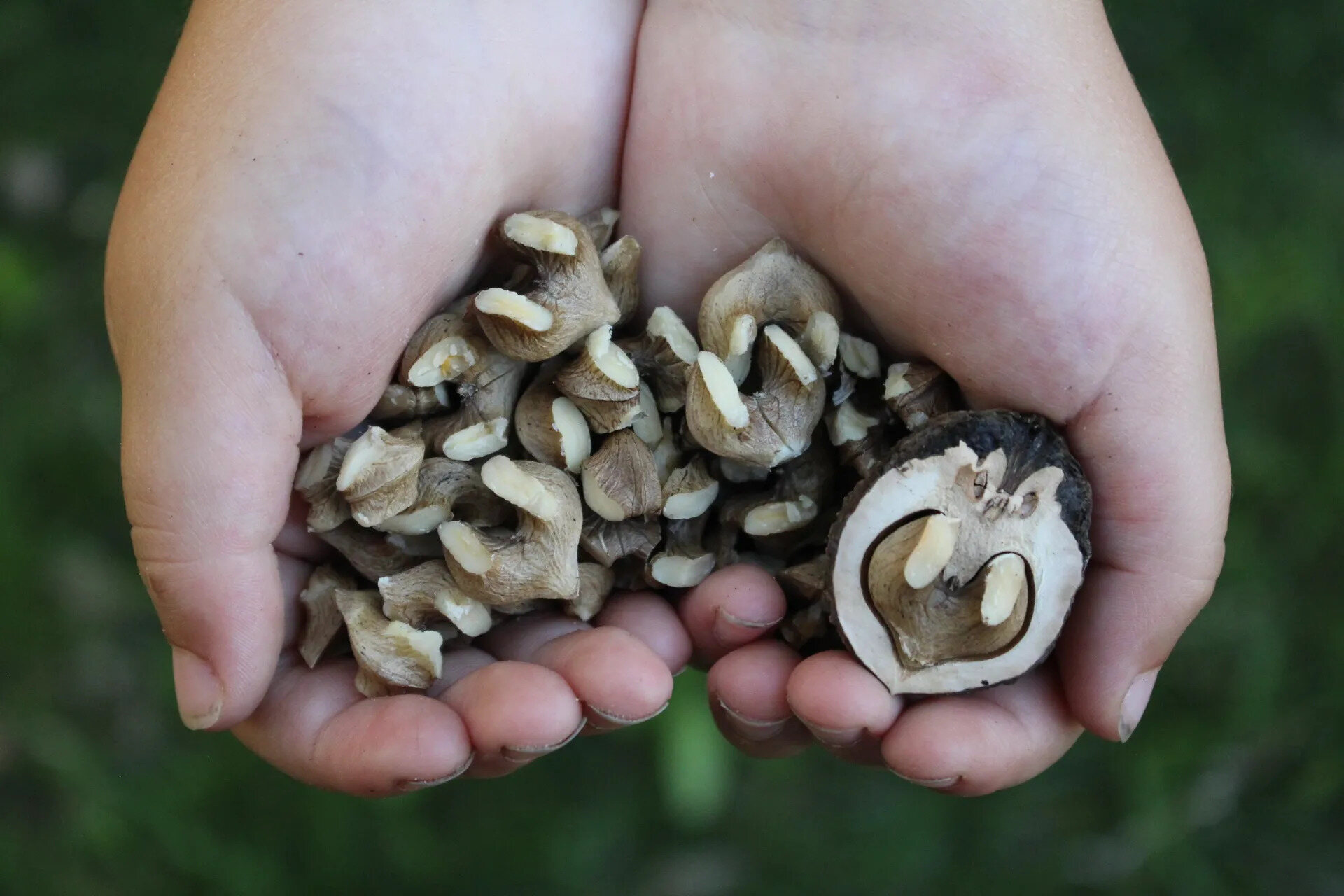Roasting Cacao Nibs: A Delicious DIY Guide
Roasting your own cacao nibs at home is a wonderful way to enhance the flavor of your chocolate creations. Whether you’re a chocolate enthusiast, a baker, or simply curious about the process, roasting cacao nibs can be a rewarding and delicious experience. In this guide, we’ll walk you through the simple steps to roast cacao nibs at home.
What You’ll Need:
- Raw cacao nibs
- Baking sheet
- Parchment paper
- Oven
- Oven mitts
- Cooling rack
Step 1: Preheat Your Oven
Preheat your oven to 325°F (163°C). This moderate temperature allows the cacao nibs to roast evenly without burning.
Step 2: Prepare the Baking Sheet
Line a baking sheet with parchment paper. This will prevent the cacao nibs from sticking to the pan and make cleanup a breeze.
Step 3: Spread the Cacao Nibs
Spread the raw cacao nibs in a single layer on the prepared baking sheet. Make sure they are evenly distributed to promote uniform roasting.
Step 4: Roast in the Oven
Place the baking sheet in the preheated oven and roast the cacao nibs for 10-15 minutes. Keep a close eye on them to prevent over-roasting. You’ll know they’re ready when a rich, chocolatey aroma fills the air.
Step 5: Cool the Roasted Cacao Nibs
Once the cacao nibs are beautifully roasted, carefully remove the baking sheet from the oven using oven mitts. Transfer the roasted cacao nibs to a cooling rack and allow them to cool completely before using them in your favorite recipes.
Benefits of Roasting Cacao Nibs:
- Enhances the flavor: Roasting cacao nibs brings out their natural chocolatey aroma and intensifies their flavor.
- Customizable: You can control the level of roasting to achieve your desired taste, whether you prefer a lighter or darker chocolate flavor.
- Versatile: Roasted cacao nibs can be used in a variety of recipes, including chocolate bars, baked goods, smoothies, and more.
Now that you’ve mastered the art of roasting cacao nibs, you’re ready to incorporate these delicious, aromatic morsels into your culinary creations. Whether you’re making homemade chocolate, adding a crunchy topping to your desserts, or experimenting with new flavors, roasted cacao nibs are sure to elevate your kitchen adventures. Enjoy the process and savor the rich, complex flavors that roasting cacao nibs brings to your homemade treats!
Was this page helpful?
Read Next: How To Roast Chia Seeds











